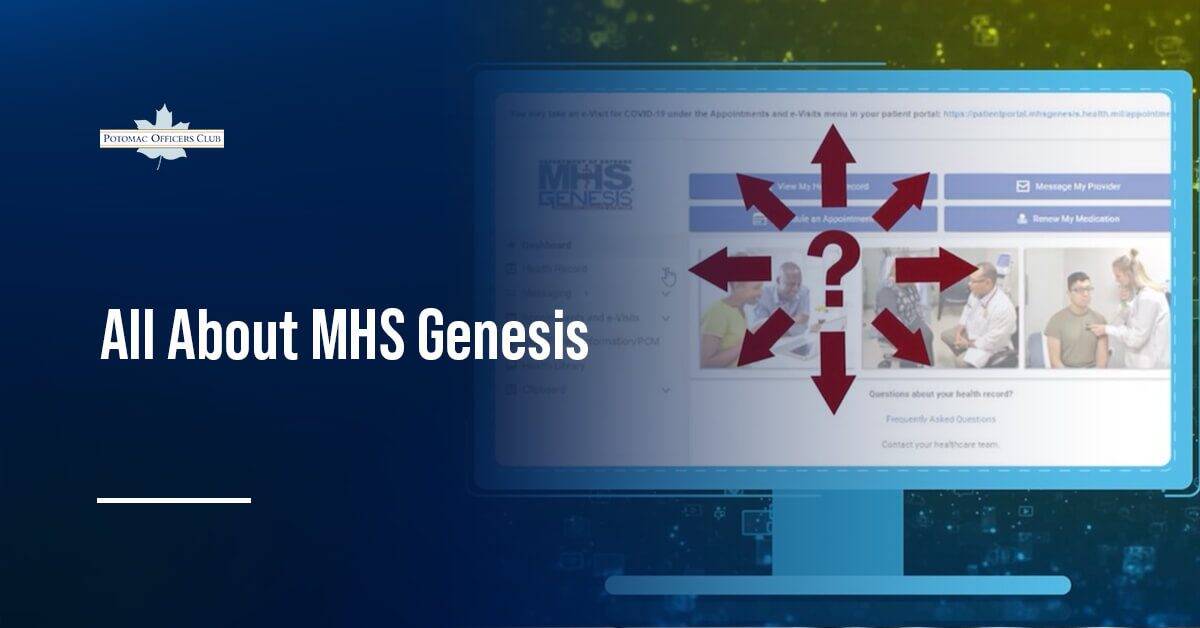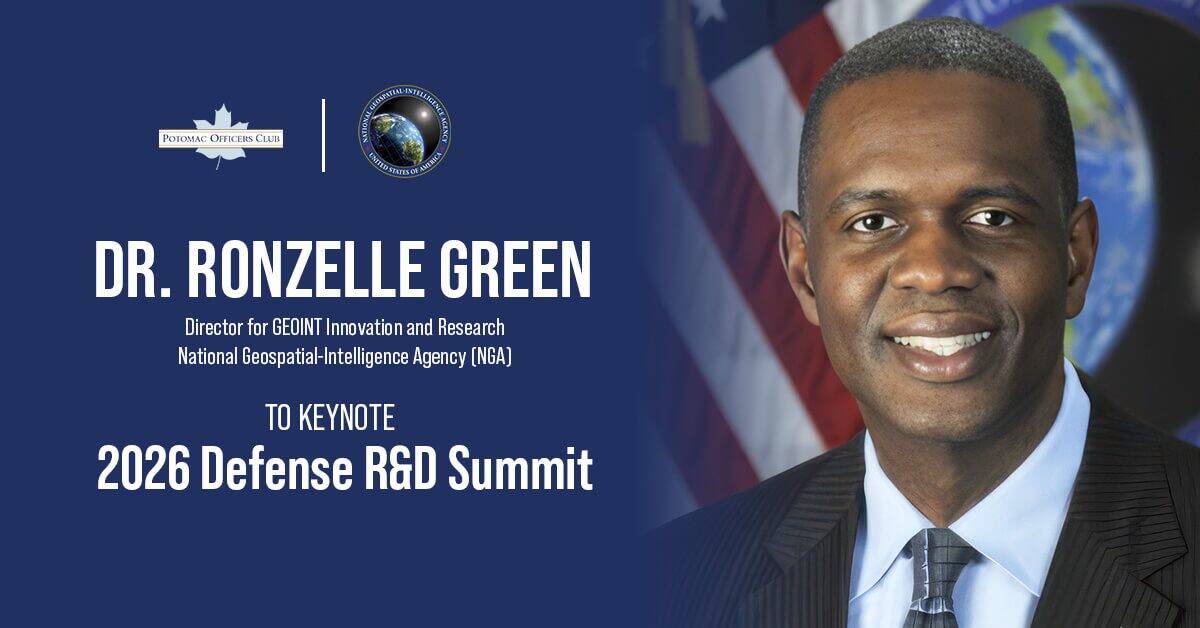
The Hottest Issues in Intelligence: What GovCons Should Know
Technology is rapidly changing intelligence-gathering. AI is transforming collection, analysis and dissemination while outdated acquisition frameworks risk slowing innovation and exposing vulnerabilities.
U.S. lawmakers are also intensifying scrutiny of academic research security as concerns grow over Chinese espionage at U.S. colleges and universities. These converging challenges—foreign interference, AI disruption and acquisition inefficiencies—signal a new era in intelligence where speed, transparency and resilience are paramount.
Potomac Officers Club sat down for an exclusive interview with Theresa Campobasso, Exiger senior vice president for government success, to discuss the most critical issues in intelligence, new ways AI is being used in intelligence-gathering and innovative technologies being offered by Exiger to ensure research security.
Dig into the latest requirements involving AI and intelligence at the Potomac Officers Club’s 2025 Intel Summit on October 2! Hear directly from Campobasso during the “Enabling Intelligence Community Missions With Artificial Intelligence” panel discussion. Learn about federal spending priorities for AI in intelligence. Sign up today for this elite GovCon event and boost your intelligence revenues in FY 2026!
Emphasis on Research Security
Lawmakers are growing increasingly concerned about Chinese spies leveraging academic research at U.S. colleges for Chinese national security purposes. House lawmakers in May passed legislation that would deny Department of Homeland Security funding to U.S. colleges and universities that work with Chinese academic institutions connected to China’s security apparatus, according to Politico.
Exiger wants to help the U.S. ensure that the basic or advanced research it funds for the benefit of the U.S. stays in America. The company has developed an innovative AI supply chain intelligence platform to help IC agencies ensure the supply chain security of U.S. academic research.
This platform, Campobasso said, provides IC agencies with a validated and continuously refreshed dataset that maps global commercial ecosystems. It also reveals hidden ownership and adversarial influence relationships and leverages AI to perform at machine speeds and scale.
Campobasso said the task of ensuring academic research supply chain security was historically left to back office procurement teams which performed corporate due diligence or third party risk management among other tasks. This approach isn’t going to cut it in 2025, she said, as Chinese academic espionage has growing ramifications on U.S. security.
Exiger is also tackling the impact of the U.S. losing access to Chinese-sourced materials or rare earth elements. Campobasso said much of the company’s work has been helping intelligence analysts assess these vulnerabilities across U.S. defense production to anticipate adversary leverage points. Exiger has also been helping illuminate covert adversarial influence and supply chains around national laboratories and critical infrastructure.
These are not just compliance tools, but are strategic intelligence enablers. They’re helping the IC anticipate and mitigate risks that adversaries exploit in our global commercial domain.
Discover the newest partnership opportunities in intelligence at the Potomac Officers Club’s 2025 Intel Summit on October 2! Be the first to hear how the federal government plans to use streamlined acquisition authorities to counter deepfakes. Get your pressing questions answered by leading government and industry intelligence executives. Secure your seat today and gain an edge on your GovCon competitors!
New Ways AI Is Used In Intelligence
AI is impacting the intelligence cycle in many ways, but is making its biggest impact in collection analysis and dissemination. Campobasso said AI in collection is enabling automated signals detection and imagery classification for tasks such as scanning satellite imagery or identifying illegal phishing activity at a scale that humans can’t match.
She said natural language processing has also brought many rapid changes in analysis. This is allowing the analytic community to sift through millions of foreign language documents and social media posts in real time, helping them identify emerging narratives or disinformation campaigns much faster and with a much broader context.
But the most novel advancement with AI in intelligence, Campobasso said, is how it is reshaping dissemination. This is because AI tools can tailor intelligence products to a specific consumer, such as a warfighter needing a quick situational picture at the tactical level or a policy maker needing operational strategic context in a geopolitical sense.
These advances also bring challenges including adversarial manipulation of training data or black box models.
“That is something Exiger is really serious about,” Campobasso said. “We use a lot of AI, but we want to be very transparent so people trust how the model arrived at its outcome. If you don’t have that transparency, if you can’t cite your source and go back and verify the primary source, you can’t really trust the results.”
Outdated Acquisition Frameworks
The world has changed immensely since the Cold War ended in 1991, but one thing that hasn’t changed are U.S. intelligence acquisition frameworks. Campobasso said multi-year procurements were common during the Cold War and it made sense then for technologies like satellites to go through a protracted process.
But these long and drawn-out acquisition cycles can create security risks in 2025, she said. Additionally, many IC agencies retain their “siloed” acquisition strategies, which results in lots of duplicative contracts and different agencies contracting with the same companies without being able to share data. This has been an issue going back decades as siloed procurement and a lack of data sharing were highlighted by the 9/11 Commission.
“For interoperability, if we can get the acquisitions to be structured to enable cross-agency data sharing from the beginning, we’re going to prevent a lot of these issues,” Campobasso said.

Category: Articles





